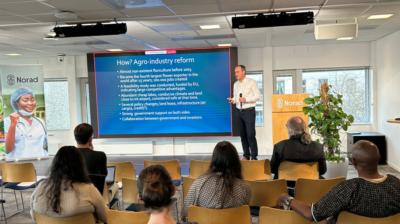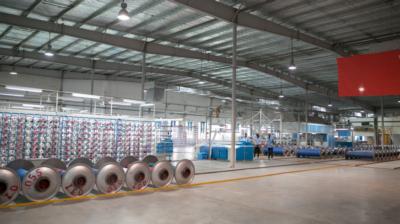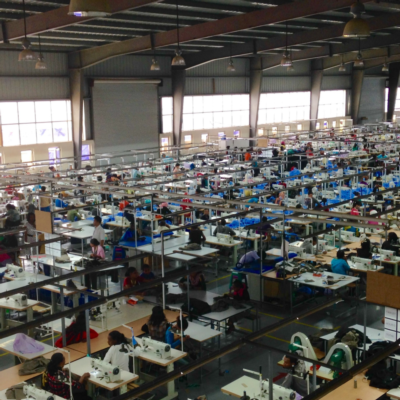The Challenge
Jobs are a powerful route out of poverty, but many roles in developing countries lack the wages and working conditions necessary to sustain productivity growth and reduce poverty. High turnover rates, such as in Ethiopia’s manufacturing sector, highlight the instability of these jobs, leading to costly disruptions for both workers and employers.
Our Approach
Our project tackles this challenge by exploring how targeted training for employers and employees can create sustainable jobs and drive business growth. Unlike traditional programs that focus solely on one side, we aim to understand the complementarities between employer and employee training.
Key Objectives
- Assess Causal Impacts: Determine how separate and combined training for employers and workers influence job creation and business outcomes.
- Uncover Mechanisms: Distinguish between the effects of knowledge and attitudes, exploring how these factors drive sustainable outcomes.
- Gender-Inclusive Insights: Examine gender-specific impacts and explore tailored interventions, such as workplace harassment prevention training.
Our Methodology
We employ a robust research design combining:
- Randomized Controlled Trials (RCTs): To measure causal effects of training interventions.
- Lab Experiments: To delve into behavioral mechanisms.
- Qualitative Studies: To provide nuanced insights into training outcomes.
By leveraging these methods, we aim to provide actionable insights into creating decent, sustainable jobs that benefit workers, businesses, and communities alike.
Latest











